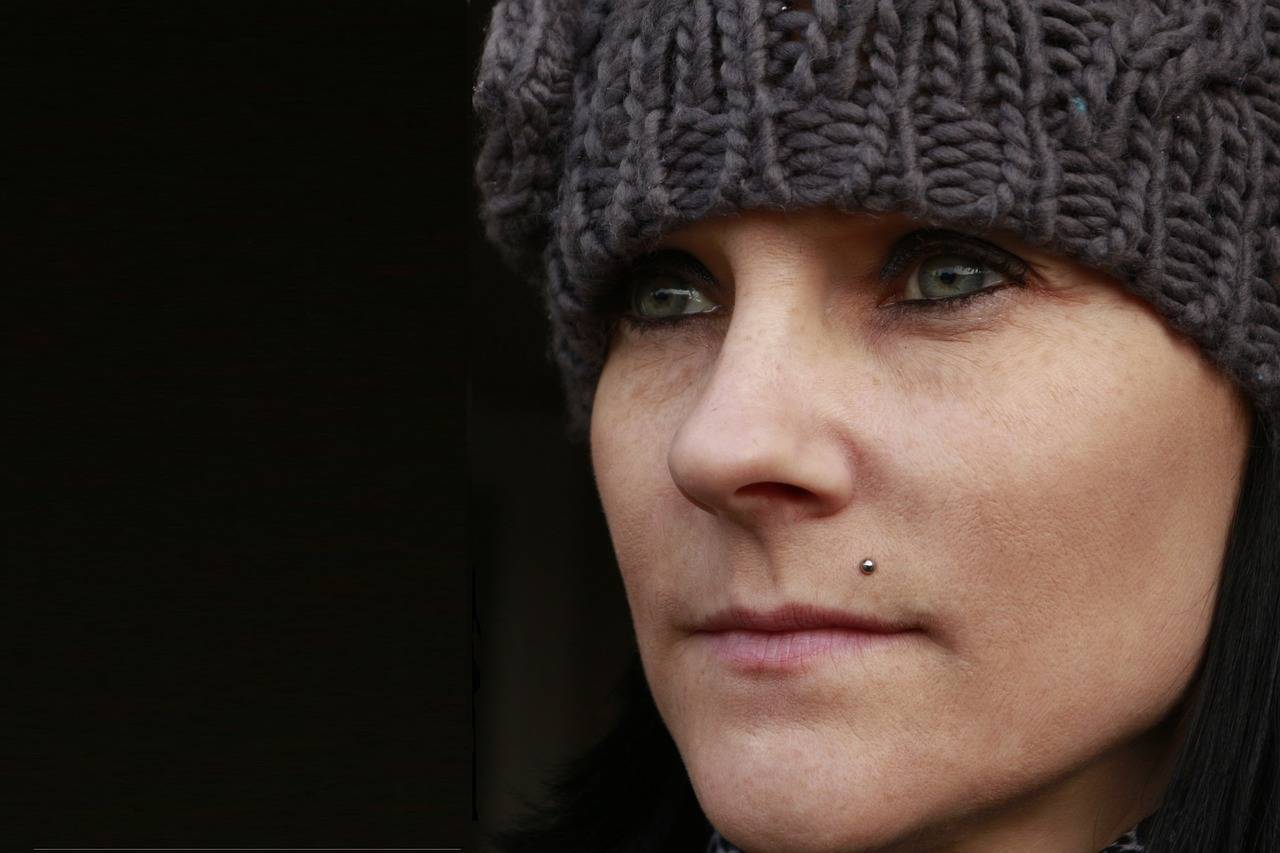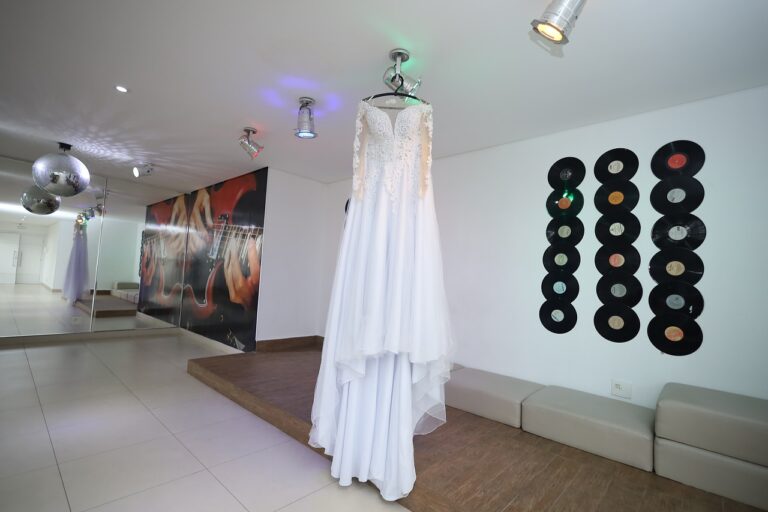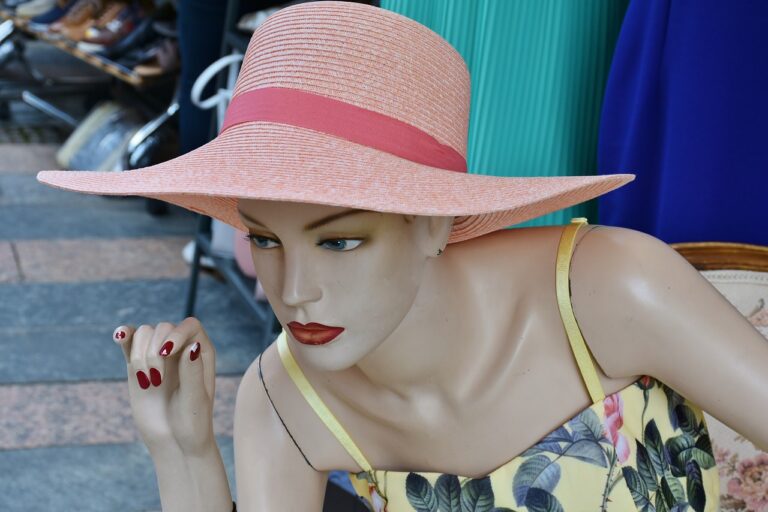Analyzing the Impact of Fashion Week Sponsorships on Boutique Sales: Golden exchange 99, Cricbet99.com, King 567 casino
golden exchange 99, cricbet99.com, king 567 casino: Analyzing the Impact of Fashion Week Sponsorships on Boutique Sales
Fashion Week sponsorships have become a common practice in the fashion industry, with brands eager to associate themselves with the glamour and prestige of these high-profile events. But what impact do these sponsorships have on boutique sales? In this article, we’ll delve into the world of fashion week sponsorships and explore their potential effects on boutique sales.
What is Fashion Week?
Fashion Week is a biannual event held in major fashion capitals around the world, including New York, London, Paris, and Milan. During Fashion Week, designers showcase their latest collections through runway shows and presentations, attracting industry insiders, celebrities, and fashion enthusiasts. These events set the tone for upcoming fashion trends and generate significant media coverage.
What are Fashion Week Sponsorships?
Fashion Week sponsorships involve brands paying to have their logos displayed prominently at fashion week events. Sponsors may also provide financial support for the event in exchange for branding opportunities and exposure to a high-profile audience. Sponsorship packages can range from simple logo placement to exclusive partnerships with designers or events.
The Impact on Boutique Sales
Fashion Week sponsorships can have a positive impact on boutique sales in several ways. Here are some key ways in which sponsorships can benefit boutique businesses:
1. Increased Brand Visibility
By sponsoring Fashion Week events, boutique brands can increase their visibility among industry influencers, journalists, and consumers. This heightened exposure can result in increased brand awareness and recognition, driving more foot traffic to boutiques and boosting sales.
2. Credibility and Prestige
Associating with Fashion Week can enhance a boutique brand’s credibility and prestige in the eyes of consumers. By aligning themselves with high-profile events and designers, boutique brands can position themselves as leaders in the fashion industry, attracting customers who value exclusivity and luxury.
3. Networking Opportunities
Fashion Week sponsorships provide boutique brands with valuable networking opportunities to connect with industry professionals, influencers, and potential collaborators. Building relationships with key players in the fashion industry can open doors to new partnerships, collaborations, and business opportunities that can drive sales growth.
4. Media Coverage
Fashion Week events attract extensive media coverage, with reporters, photographers, and bloggers documenting the latest trends and highlighting notable sponsors. Boutique brands that sponsor Fashion Week can benefit from this media exposure, reaching a wider audience and generating buzz around their products and services.
5. Social Media Engagement
Fashion Week sponsorships can also boost a boutique brand’s social media engagement, with fans and followers sharing posts, photos, and videos from the event. By leveraging social media channels to showcase their involvement in Fashion Week, boutique brands can engage with their audience, attract new followers, and drive traffic to their online and offline stores.
6. Sales Opportunities
Ultimately, the goal of Fashion Week sponsorships is to drive sales for boutique brands. By leveraging the visibility, credibility, and networking opportunities provided by Fashion Week events, boutique brands can attract new customers, retain existing ones, and ultimately increase their sales revenue.
FAQs
1. How can boutique brands secure Fashion Week sponsorships?
Boutique brands interested in sponsoring Fashion Week events can reach out to event organizers, designers, or PR agencies to inquire about sponsorship opportunities. It’s essential to have a clear marketing strategy and budget in place to maximize the impact of the sponsorship.
2. Are Fashion Week sponsorships worth the investment for boutique brands?
The value of Fashion Week sponsorships for boutique brands ultimately depends on their marketing goals, target audience, and budget. While sponsorships can provide valuable exposure and networking opportunities, it’s essential to evaluate the potential return on investment and align the sponsorship with overall business objectives.
3. How can boutique brands measure the impact of Fashion Week sponsorships on sales?
Boutique brands can track the impact of Fashion Week sponsorships on sales by monitoring key performance indicators such as foot traffic, online sales, social media engagement, and customer feedback. It’s important to analyze these metrics before and after the sponsorship to gauge its effectiveness and make informed decisions for future sponsorships.
In conclusion, Fashion Week sponsorships can have a significant impact on boutique sales by increasing brand visibility, credibility, networking opportunities, media coverage, social media engagement, and ultimately driving sales revenue. By strategically leveraging Fashion Week sponsorships, boutique brands can enhance their market presence, attract new customers, and differentiate themselves in the competitive fashion industry.







